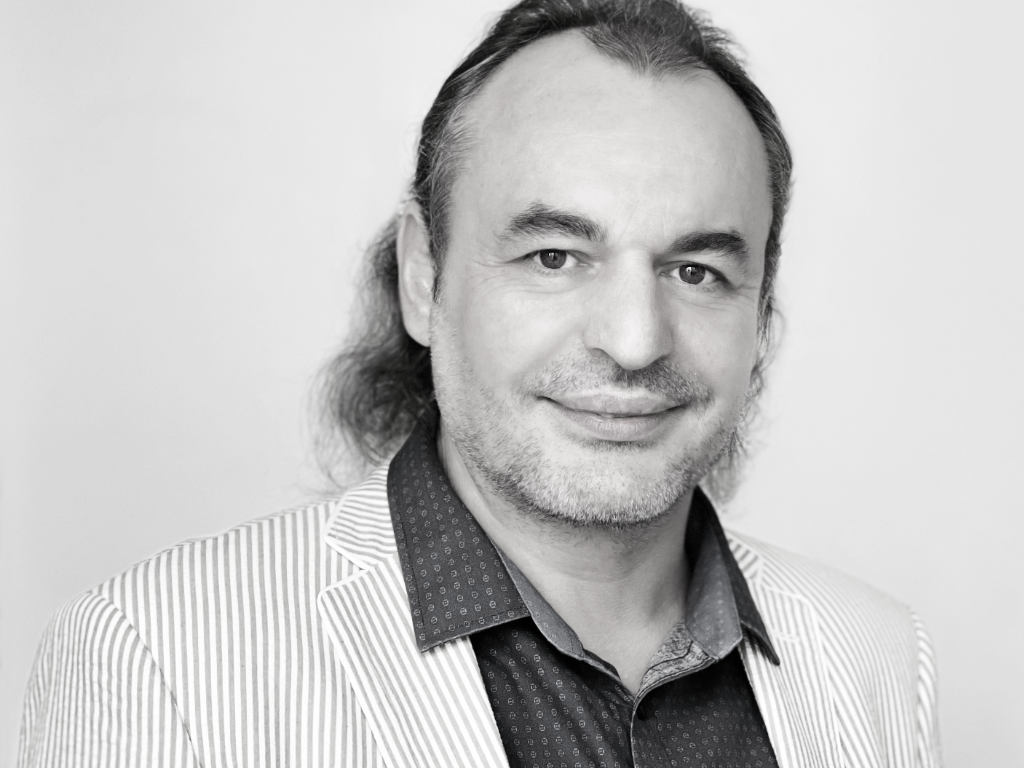Individual Psychotherapy
A personalized journey to self-discovery and emotional growth, helping you address anxiety, depression, and relationship challenges.
Couples Therapy
Rediscover your connection, understand the dynamics behind your conflicts, and foster deeper communication and growth.
Consultation
Expert consultation services to support your personal growth, mental health, professional development, and academic research.
Clinical Supervision
Professional supervision to guide and enhance the clinical practice of therapists and mental health practitioners.
About Dr. Michael Ivanov

Outline
Overview of Dr. Michael Ivanov’s Background
- Professional Background:
Ph.D. in Clinical Psychology.
Licensed Psychologist – New York (License #020355).
Chartered Psychologist – British Psychological Society.
20+ years of experience. - Specialization Areas:
Expertise in relationship issues and emotional regulation.
Trained in Psychoanalytic Couples Therapy, Emotionally Focused Therapy, and Family System Therapy. - Therapy Style:
Blending evidence-based practices with a personalized approach.
Tailoring sessions for meaningful and enduring change.
Learn more about my professional and academic experiences, research, and therapeutic approach.
Learn more about Dr. Ivanov >>
How I can help
I provide support for various mental health concerns, including:
Relationship Issues
Navigating the complexities of relationships can be challenging, whether you're dealing with marital or pre-marital issues, dating struggles, or family dynamics. I offer tailored support for a wide range of relationship concerns, including couples therapy, romantic relationship guidance, and work-related interpersonal problems.
Anxiety
Anxiety can take many forms, from general and social anxiety to panic attacks, obsessive thoughts, and racing or ruminative thinking. Whether you're experiencing constant worry or specific intense fears, I provide a supportive space to address and manage these challenges, helping you regain control and peace of mind.
Depression
Depression often involves persistent feelings of sadness, fatigue, and a lack of motivation or joy. It can also lead to oversleeping, and difficulty finding pleasure, and may be tied to loss and grief. I’m here to help you navigate these challenges, offering support and strategies to regain a sense of well-being and purpose.
Identity-Related Concerns
Identity challenges often involve self-esteem issues, especially during significant life transitions. Whether you're grappling with changes in personal roles, exploring your sense of self, or adjusting to new life stages, I provide a supportive space to help you build confidence and clarity as you navigate these shifts.
Stress Management
Stress is a common part of life, but chronic stress can seriously impact your well-being. Whether from work, personal challenges, or daily pressures, managing stress is essential. I provide practical strategies to help you cope, reduce stress, and regain control, so you can face life's demands with greater resilience and peace of mind.
Trauma and PTSD
Trauma can deeply affect your life, leading to PTSD symptoms like flashbacks, anxiety, and emotional numbness. These responses can make it difficult to move forward in life. I offer a supportive space to help you process and heal, working together to manage symptoms and rebuild your sense of safety and strength.
Testimonials
These recent testimonials have been selected from platforms that verify the authenticity of each submission.
Why don’t you really know what you want? Two reasons: 1. You have it. 2. You don’t know yourself, because you never can... Just as a knife doesn’t cut itself, fire doesn’t burn itself, light doesn’t illumine itself. You're always an endless mystery to yourself.
- Alan Watts, The Universe Looking at Itself
Reach Out


